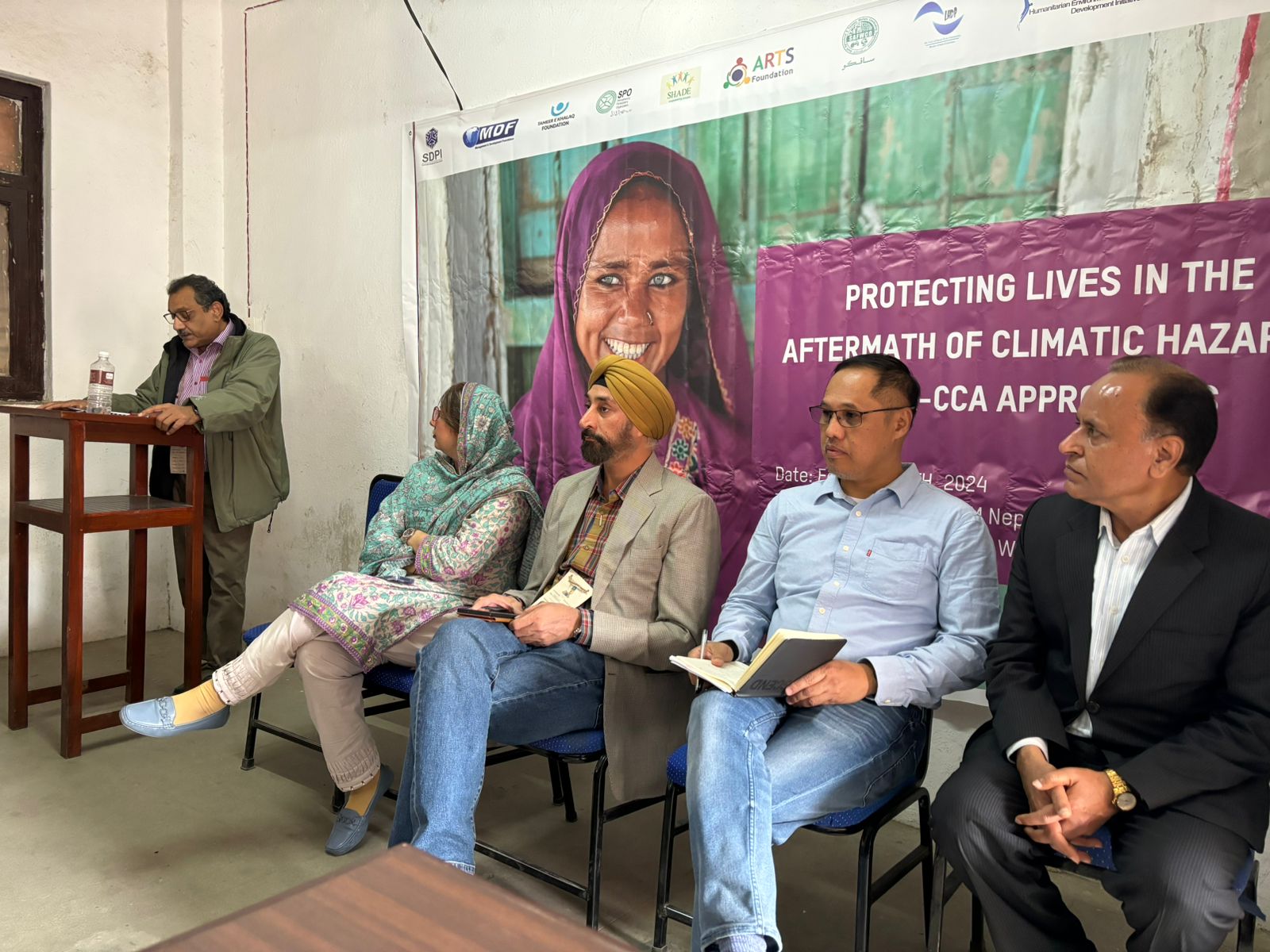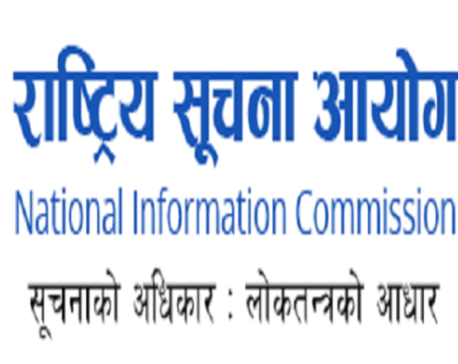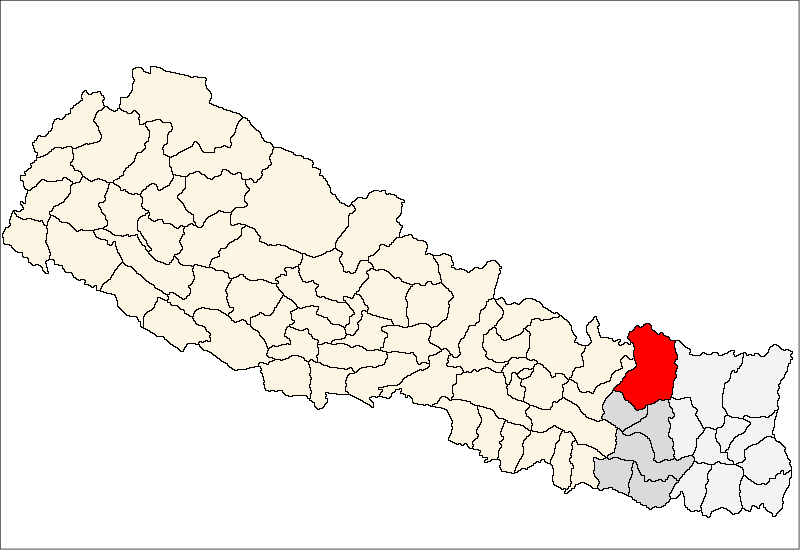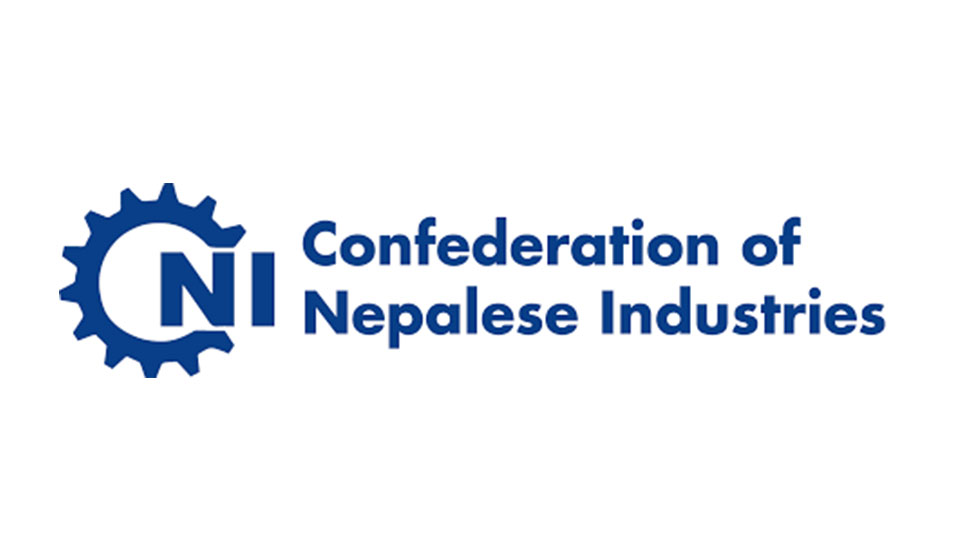
OR
Nature-based solutions key for climate adaptation and disaster risk reduction: Experts
Published On: February 18, 2024 07:47 AM NPT By: Republica | @RepublicaNepal

KATHMANDU, Feb 18: Experts during a panel discussion organized at the World Social Forum on Saturday emphasized the importance of integrating anticipatory disaster risk reduction (DRR) and climate change adaptation (CCA) approaches with climate science to protect more lives from climatic disasters.
The event, organized in Kathmandu by Pakistan’s leading think tank, Sustainable Development Policy Institute (SDPI), and Pakistan’s Oxfam, brought together speakers who highlighted the increasing incidence of climatic hazards and disasters, leading communities into vulnerability and causing losses and damages.
Climate justice expert Harjeet Singh, renowned globally, emphasized that temperatures play a crucial role in climate change. He called for a comprehensive analysis of climate science to better adapt and prepare communities against climatic hazards and disasters. Singh urged the humanitarian sector to consider future warming levels and slow-onset disasters when designing programs.
While communities are aware of the impacts of climate change, such as glacier melting, change in cropping patterns, and water availability, they often lack an understanding of why these changes are happening. Singh stressed that science provides the answer – 'why'. As climate change creates new pockets of poverty with increased marginalization, he advocated for nature-based solutions for adaptation and urged the integration of humanitarian approaches with science.
Dr. Shafqat Munir, deputy executive director of SDPI, emphasized the increasing risk posed to cities and towns by climatic hazards. He called for risk-sensitive urban planning, incorporating both Disaster Risk Reduction (DRR) and Climate Change Adaptation (CCA) strategies. Munir highlighted the importance of preparedness and anticipatory DRR approaches to better equip vulnerable communities at the local level, urging the localization of DRR-CCA strategies for enhanced life-saving capabilities. He also stressed the need for urgent collective action to achieve the objectives of the Paris Agreement and the Sendai Framework for DRR.
Jermaine, Oxfam’s regional humanitarian coordinator from the Philippines, emphasized the need for a balanced approach in effective climate action, considering both adaptation and mitigation efforts. He called for equity, rights, and justice in line with the Global Goal on Adaptation (GGA) framework, prioritizing fairness and equitable adaptation strategies. Referring to Cyclone Hayan in 2013, Jermaine highlighted the importance of clear early warning messaging and community training on DRR to enhance preparedness.
Saira Falak, programme manager at ARTS Foundation in Pakistan, shared insights into the losses and damages experienced during the 2022 floods. She particularly highlighted the plight of women and girls, emphasizing the loss of livelihoods during emergencies, leading to increased poverty. Falak stressed the importance of building women's capacity on disaster risks and preparedness, addressing non-traditional losses that impact both people and the economy significantly.
You May Like This

Right to information a tool to make public institutions transparent, accountable
KATHMANDU, May 28: Experts working in the field of right to information (RTI) have argued that the right to information... Read More...

Nepal elected chair of LDC Experts' Committee under climate change convention
KATHMANDU, Feb 6: Nepal has been elected as the chair of the Experts' Committee of Least Developed Countries under the climate... Read More...

LTO seeks experts' opinion on Ncell tax assessment
KATHMANDU, Jan 26: Large Taxpayers Office (LTO) is forming a team of experts to advise it on Ncell's ownership transfer case. Read More...







Just In
- Tourists suffer after flight disruption due to adverse weather in Solukhumbu district
- Vote count update: NC maintains lead in Ilam-2
- NAC's plane lands at TIA after its maintenance in Israel
- Indian Ambassador assures of promoting India's investment in Nepal
- Freak accident involving self-made pistol leaves young man injured in Banke
- Global Shapers Community Kathmandu set to host second edition of Global Talk Series
- CNI President Agrawal highlights Nepal's conducive investment climate at Investment Summit
- Hearing on case against cricketer Lamicchane could not proceed today












Leave A Comment